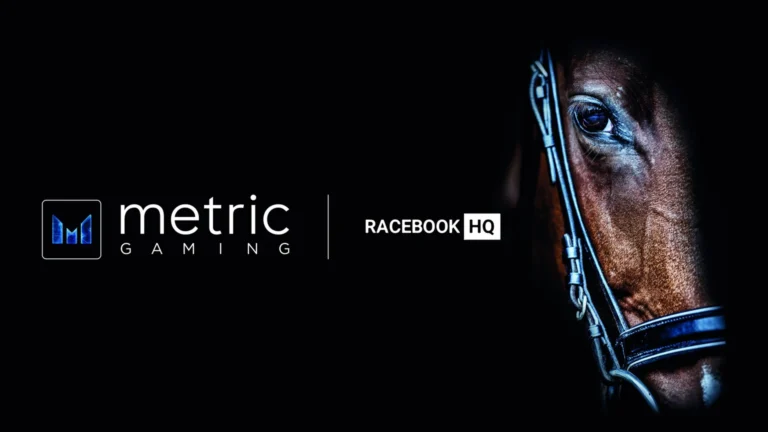Betting on horse racing used to be an aspirational activity with an element of glamour. In Great Britain it remains a cultural phenomenon. The mere mention of racing conjures thoughts of the Cheltenham roar, or top hats and tails at Royal Ascot.
In other countries, it’s equally evocative. Night racing at Sha Tin or Happy Valley in Hong Kong. Seersucker and mint juleps at the Kentucky Derby. The Melbourne Cup Carnival.
These are all marquee, in-person events. And that’s where the problem lies. The digital age has not been kind to race betting.
The issues are serious. Audiences are ageing, the product has barely changed and the cost of the product through increased data and levy charges squeezes trading margins. The gradual withdrawal of many concessions and Best Odds Guaranteed restrictions are prime examples.
This creates little impetus for sportsbook operators to divert attention and investment away from their football cash cow. However, the crowds flocking to tracks such as Cheltenham, Churchill Downs or Flemington Racecourse scream of the public interest in racing’s biggest events, and with the sport walking hand-in-hand with betting, the value to the operators who get it right is significant. The central challenge is to maintain that interest and engagement when the festivals end.
The GB example: Race betting’s handle is holding up
It’s important to acknowledge that, in terms of staking and gross yield, these major events help racing keep pace with the country’s most popular betting sport, football.
The Gambling Commission reported horse race betting turnover of £10.04bn for the year ended March 2022, putting it just behind football betting on £10.38bn.
Gross win over that period came to £768.5m, setting racing ahead of the competition as Great Britain’s second most popular betting sport. That’s not enough to preserve the sport’s future, however. Falling to renew the core audience means revenue will drop fast.
Participation in decline
The GB Gambling Commission’s participation figures don’t lie. For the year ended December 2016, 4.6% of respondents had placed a bet on horse racing in the previous four weeks. By March 2023, that figure had fallen to 3.5%.
Globally, racing isn’t the banker it once was. H2 Gambling Capital gives race betting a projected 14.4% share of global online gross win for 2023. Sports betting, on the other hand, makes up 38.8% of the total.
Horse racing is a sport that captures the cultural zeitgeist a few times a year but offers a global, round-the-clock schedule. A refreshed, innovativeproduct and a simplified offering that attracts a younger, casual punter could take that interest beyond the festival weeks.
For sportsbook technology and trading specialist Metric Gaming that’s where the opportunity lies.


